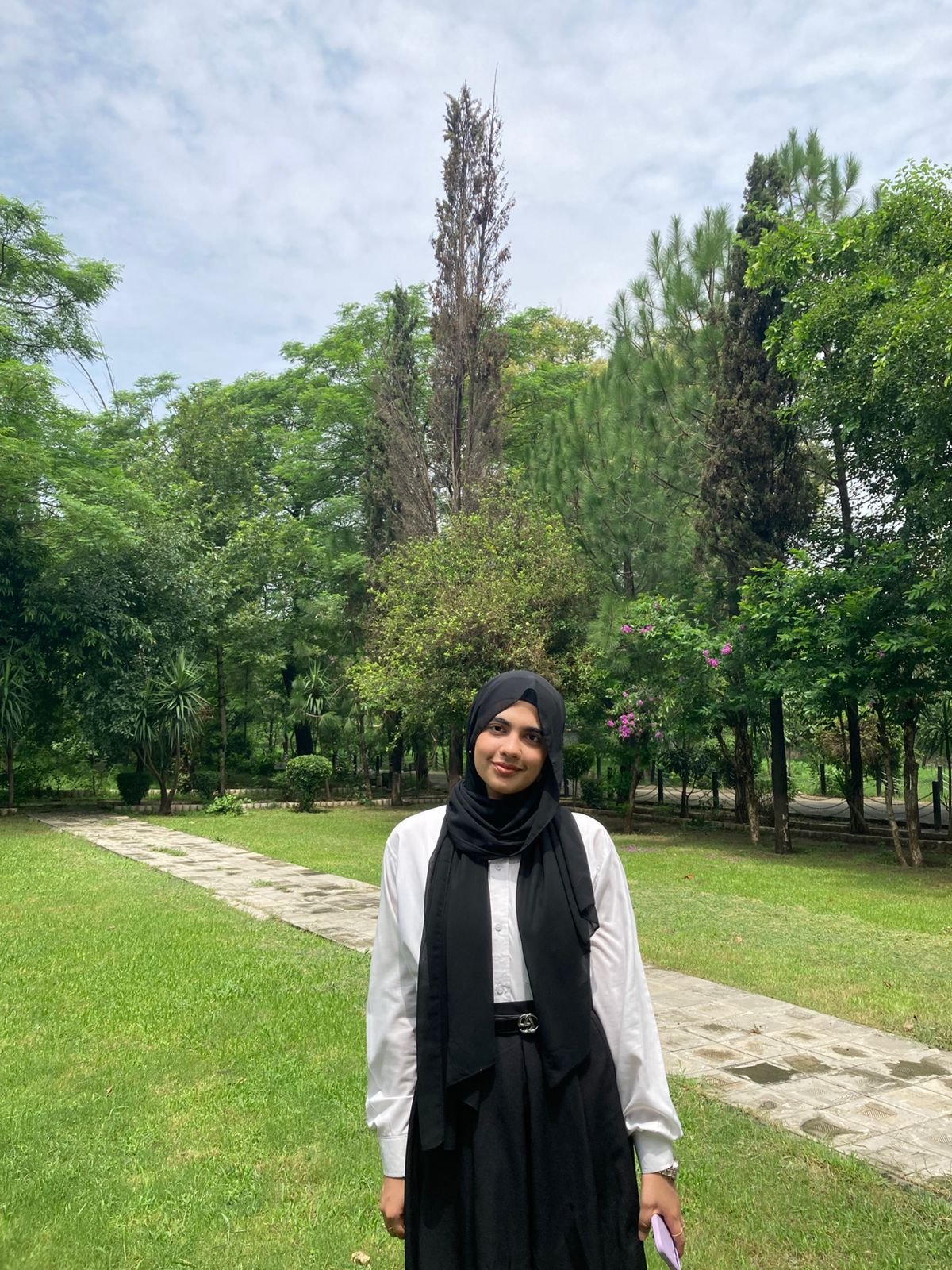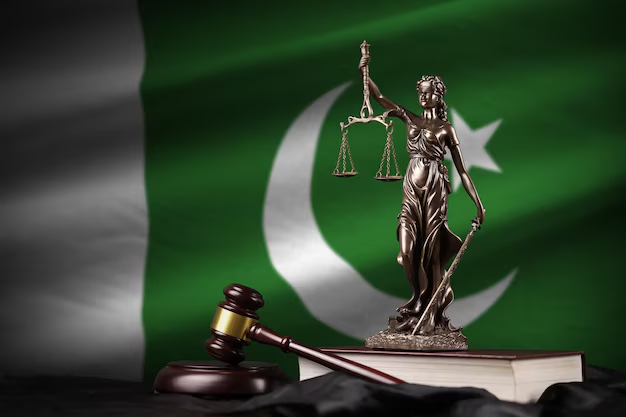In recent years, there has been a surge in reports of mob violence against individuals accused of blasphemy, casting a grim shadow over the rule of law. These tragic events, often fueled by unverified allegations, are happening more frequently, diminishing public sensitivity to such acts of extrajudicial violence. As mob justice replaces proper legal processes, society risks normalizing a harmful cycle of vigilantism, endangering justice and human rights.
When a sitting governor, Salman Taseer, was assassinated by his own guard for defending a blasphemy-accused woman (BBC 2016) when a Sri Lankan national was lynched and burned alive in Sialkot (The Guardian, 2021), and when the justice system appears toothless in preventing such brutality, ordinary citizens start believing that mob violence is an unavoidable part of life. According to a report published, 89 people were extrajudicially killed over blasphemous accusations from 1947 to 2021 (CRSS).
These tragedies are not isolated. They reflect something much deeper a breakdown in law, society, and belief in institutions.
The Constitution Promises Protection: So Why Are People Still Being Lynched?
Pakistan is a country governed by a written Constitution. From Articles 8 to 28, it guarantees a comprehensive list of fundamental rights to every citizen. Among these Article 10A is about the right to a fair trial. This means that any individual accused of a crime, no matter how serious, has the constitutional right to be tried in a court of law and to defend themselves. And yet, the question arises: Has the Pakistani legal system failed to uphold this basic protection? Why are people still being lynched by mobs in broad daylight? Has Pakistan failed to implement its own Constitution the very document that promises justice, due process, and protection from arbitrary punishment?
Despite being a country with detailed laws and a functioning legal framework, the rising number of such brutal incidents forces us to confront a harsh reality: Why are mobs taking justice into their own hands? And why is the state unable or unwilling to stop them? This article aims to examine the alarming increase in mob violence, the state’s failure to implement its laws, and how, in a society where intolerance runs deep, Pakistani authorities can still try to maintain the writ of the state. More importantly, it asks: How do we put an end to these atrocities that violate not only human rights but the very idea of justice?
Blasphemy Laws:
To understand how we got here, it is important to trace the roots of Pakistan’s blasphemy laws that were never meant to be a license for mob violence. Blasphemy, according to the Cambridge Dictionary, is something that you say or do that shows you do not respect God or a religion. It is one of the most controversial topics in Pakistan. Discussing or expressing an opinion on it is tantamount to digging one’s own grave. There have been many studies regarding Pakistan’s blasphemy laws, their history, context, and authenticity.
Laws related to blasphemy were first introduced during the colonial period and later inherited by Pakistan after independence. Military dictator Zia ul Haq added a number of clauses making the laws more rigid. Sections 295 and 298 of the Pakistan Penal Code have clauses related to blasphemy, with the death penalty mentioned for those convicted.
But the issue does not just lie in the presence of these laws the real crisis begins when the writ of the state is ignored, when due process is bypassed, and when individuals take it upon themselves to become judge, jury, and executioner.
Intolerance Is Not Born Overnight
The existence of harsh laws is one thing, but society’s growing acceptance of violence as a solution is another. That mindset did not appear out of thin air it has been decades in the making. According to the report by the Center for Research and Security Studies, many of the murderers argue and believe that the victims have committed an unpardonable religious crime, deeming them “wajib-ul-qatl” (worthy of being killed).
This clearly suggests that, according to mobs, there is no forgiveness for such a crime. The victims are not seen as worthy of a fair trial only a brutal death. This illustrates the deep-rooted intolerance within Pakistani society.
From classrooms to living rooms, the idea of moral absolutism is reinforced. In an environment where violence is entrenched in people’s mindsets, where any form of dissent is viewed negatively, and where children are taught extremist ideologies and self-righteousness from a very young age, it is inevitable that such children grow into extremists who will commit inhumane killings in the name of religion.
When the Police Cannot Protect
But intolerance in society is only part of the picture. What happens when the very institutions meant to protect citizens either fail to act or worse, actively join the violence?
The case of Shahzad Masi and Shama Masi, a Christian couple accused of blasphemy, despite their pleas for protection, the couple was beaten to death by a mob (The Times).
In many incidents, law enforcement officers do not just stand by they participate. A Pakistani policeman was arrested after allegedly killing a man with an axe because he suspected him of committing blasphemy (BBC, 2014).
Such stories are not just shocking they show how the lines between mob and state can blur in terrifying ways.
The Collapse of State Authority: A Playground for Extremism
When mobs rule the streets and institutions stay silent, it sends one message: the state no longer holds power. These incidents weaken the writ of the state and challenge the rule of law. Those from extremist backgrounds will see the state’s helplessness not as a gap but as an opportunity.
As sociologist Max Weber argued, the state is the legitimate source of power. It has the authority to create and enforce laws. But when the state fails to maintain control, it gives space to those who thrive on violence and chaos. Extremists grow bolder, confident that no one will hold them accountable.
What Can Be Done? Reforms That Actually Mean Something
The failure is obvious. But what about the solution? To prevent further bloodshed, reforms need to be implemented not on paper, but in practice.
-
Strengthening the Judiciary
There is a strong need to make the judiciary stronger because it is a key part of any democracy. When courts are not strong or are influenced by outside forces, the whole justice system starts to fail. In many cases in Pakistan, powerful people or public opinion can prevent fair trials from happening. This situation needs to change. One good example to follow is the United Kingdom’s Judicial Appointments Commission. This body is known for choosing judges based on merit and through a fair process. Pakistan could adopt a similar system to make sure judges are picked fairly and can make decisions without being affected by social or political pressure.
-
Reforming the Police System
Fixing the police system is just as important. Often, police officers either don’t act when there is mob violence or even take sides with the crowd because of fear or bias. Law enforcement needs to be both strong and responsible. There should be a special police team trained to handle sensitive cases like blasphemy accusations. This team should be able to protect both the person accused and the public.
For example, if someone is wrongly accused in a small town, instead of waiting for a slow or scared local force, a highly trained security team could quickly arrive, keep the area safe, separate the accused from the crowd, and start a fair investigation.
-
Clarifying and Reforming Blasphemy Laws
Pakistan’s blasphemy laws are some of the most controversial in the world, and they have been used in a wrong way, leading to the deaths of innocent people. These laws need to be reviewed and made clearer. At the very least, there should be clear rules about what is considered blasphemy to stop people from using the law based on feelings or misunderstandings. Those who make false accusations should face real punishment, like fines or jail time. This would stop people from using the law to get revenge. A special fast-track court system could also be set up to handle such cases quickly, so justice is given before crowds take action.
-
Changing the Mindset of Society
However, the most important change needs to start from inside society itself. No matter how many rules or changes we make, they won’t really help unless people think differently. We need to understand that having different opinions doesn’t mean someone is being rude, and that hitting someone is not the right way to deal with any kind of problem, even if it feels like it’s justified. People like leaders in the community, teachers, religious experts, and even those in the media all have a part to play in teaching others to be more accepting and open-minded. Schools should change their teaching plans to focus more on thinking clearly, feeling for others, and solving problems without using violence. Holding discussions in small towns and villages can also help, because it brings people together to talk about accepting different beliefs, knowing their rights, and understanding the proper way to handle disagreements.
For example, in a place where a group of people once hurt someone because of a wrong accusation, holding a meeting with local leaders, police, and teachers can help everyone think about what happened and how to stop something like that from happening again.
The Final Word:
Mob lynching in the case of blasphemy is a big issue that has challenged democracy and basic human rights in Pakistan for many years. There is a need to accept the scale of the problem and initiate reforms both structural and social to strengthen the rule of law.
Because when mobs replace courts, and rage replaces justice no one is safe.

Tayyaba is a student of law with a strong interest in human rights and animal welfare, committed to justice for both people and animals.

